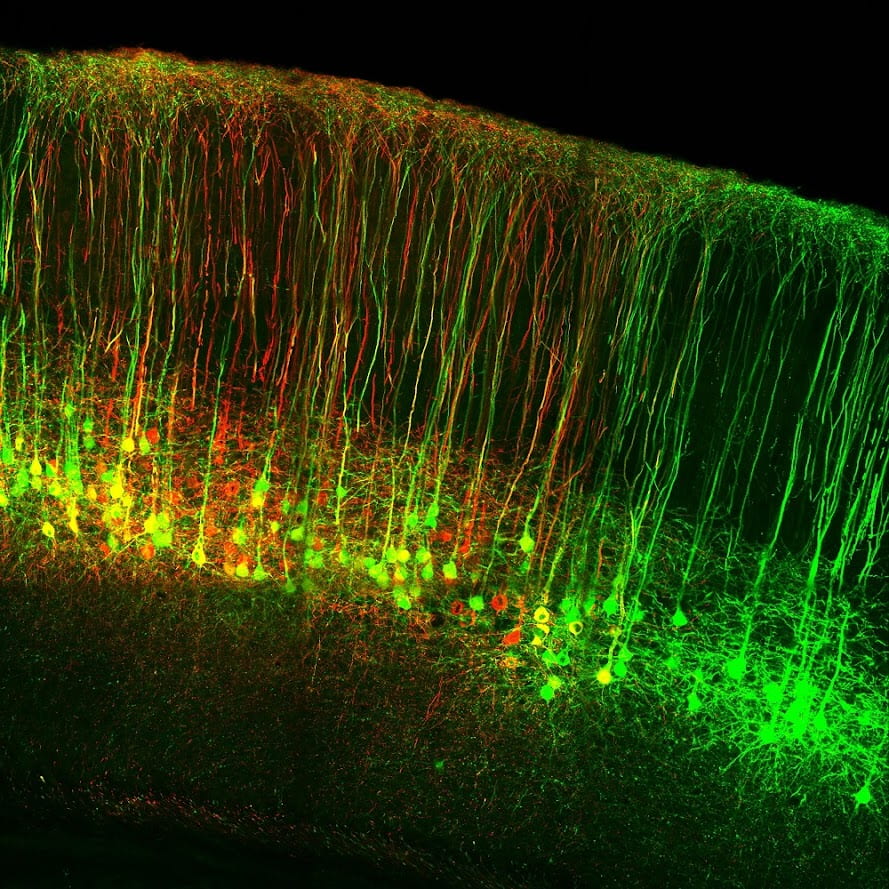Marty Granoff
HSCI Donor
My grandson came down with a very bad case of Type 1 diabetes when he was a teenager. As a biotech investor, I started asking around, who is working on a solution to Type 1 diabetes? Doug Melton’s name kept coming up from various people.
Separately, I noticed in the Wall Street Journal that a firm called Semma Therapeutics was applying for clinical trials, hopefully with a solution to the problem. I looked into the company, and Doug’s name was there again. I learned that he was at the Harvard Stem Cell Institute. That’s how I came to the institute, in a roundabout way.
I got to meet Doug when he gave a wonderful presentation for my son and grandson. We were inspired by his work, and I decided to give a gift a couple years later.
The results of the clinical trial for beta cell transplants are very exciting. The next step will be to administer the therapy without immunosuppressant drugs. The ramifications of this work go far past just Type 1 diabetes. It could be valuable to other transplant recipients, either for stem cells or organs like the heart and lung.
When my son went into the business world years ago, he asked me if I had any advice. I told him that I would bet not on the deal, but on the person. I feel that way here: I’m betting on the person who’s going to come up with a cure for this terrible disease.
Carla Kim, Ph.D.
HSCI Cancer Program
Harvard Medical School and Boston Children’s Hospital
Most patients with lung cancer are diagnosed when it’s “too late.” In our lab, we have created a model of early-stage lung cancer to identify the changes happening in those cells, so that we can find ways to intervene early and prevent the disease from progressing.
In our tumor organoid model, we create a three-dimensional system that enables us to mimic the interactions between cells that occur within the lung tissue. After obtaining specific lung cell types, we activate a mutant gene that is most commonly mutated in lung cancer patients. As soon as we turn it on, the cells immediately undergo gene expression changes, earlier than we expected.
Now, with a generous gift from an HSCI donor, we are doing more detailed, single-cell analyses of these organoids. We are now asking precisely which genes are turned on and off within the cells that we know are going to form tumors. Those would be genes you’d want to target and inhibit, and we can see if there’s already a drug available. This gift is helping us to test some of those drug candidates in our tumor organoid system.
This project is only possible because I was an HSCI faculty member when I started my lab. Early funding from HSCI helped us develop the organoid system along with feedback from colleagues working on other types of stem cells, and the current donation is critical to taking our work to the next stage.
